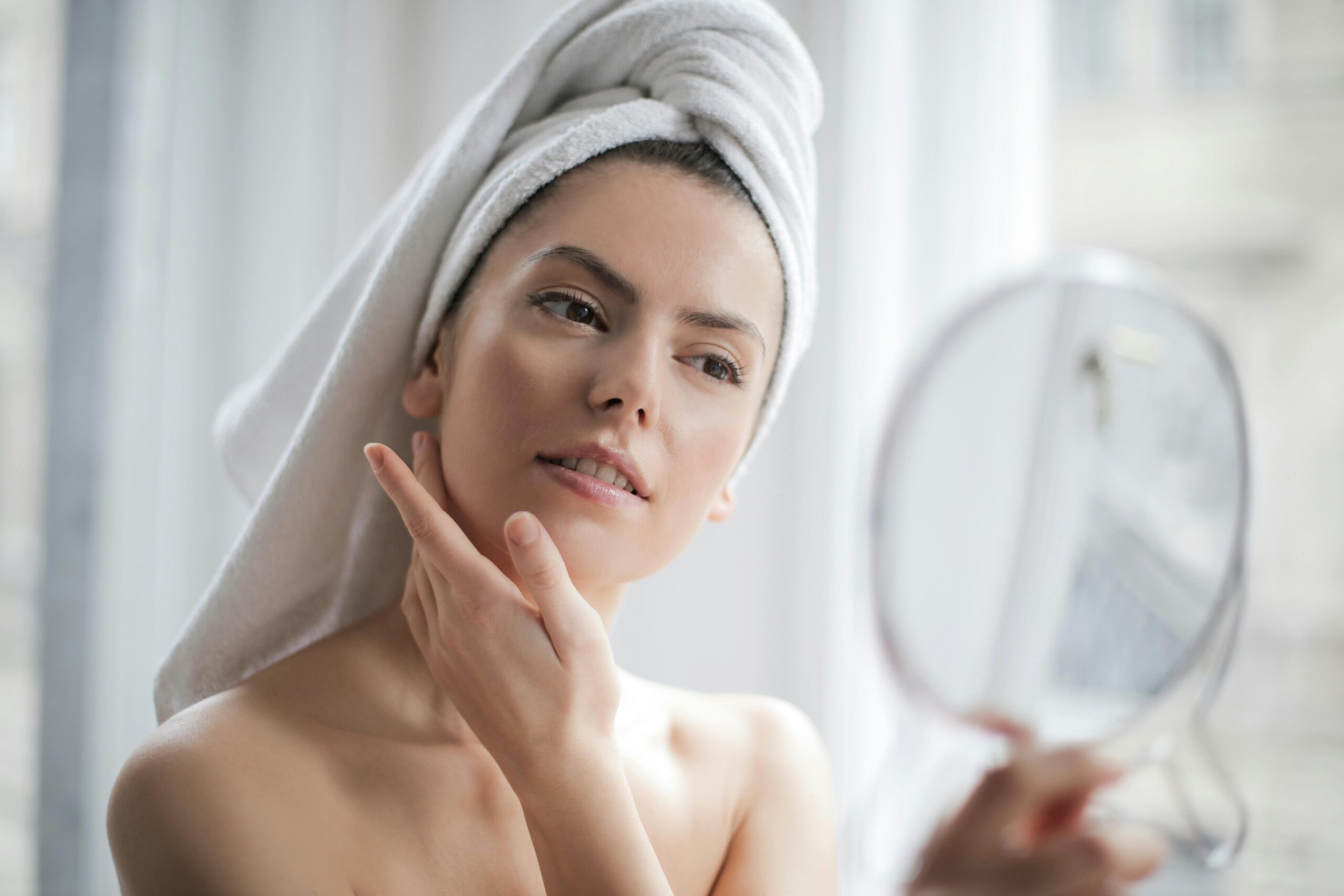In recent years, there has been growing interest in understanding the relationship between the skin microbiome and various skin conditions. One such condition that has gained attention is sensitised skin. As we delve into this topic, we will explore how the delicate balance of the skin microbiome can influence the development and severity of sensitised skin.
Understanding Sensitised Skin
Sensitised skin, also known as sensitive skin, is a condition characterized by an increased reactivity of the skin to various external factors. It is often accompanied by redness, dryness, itching, and a burning sensation. Individuals with sensitised skin may experience discomfort and may find conventional skincare products irritating.
The Role of the Skin Microbiome
The skin microbiome refers to the diverse community of microorganisms inhabiting the skin. These microorganisms, predominantly bacteria, fungi, and viruses, form a complex ecosystem that interacts with our skin cells and plays a vital role in maintaining its health.
Dysbiosis and Sensitised Skin
Dysbiosis refers to an imbalance or disruption in the composition of the skin microbiome. Emerging research suggests that dysbiosis of the skin microbiome can contribute to the development of sensitised skin. Studies have revealed alterations in the diversity and abundance of certain bacterial species in individuals with sensitised skin compared to those with normal skin.
Inflammation and Immune Response
When the skin microbiome is disrupted, it can lead to increased inflammation and a compromised immune response. This can trigger the release of pro-inflammatory molecules, making the skin more susceptible to inflammation. The disrupted microbiome can also affect the skin barrier function, allowing external irritants and allergens to penetrate more easily, exacerbating the sensitivity.
Factors Influencing the Skin Microbiome
Various factors can influence the delicate balance of the skin microbiome. Some of these factors include:
1. Environmental Factors: Exposure to harsh weather conditions, pollution, and UV radiation can disrupt the microbiome.
2. Antibiotics and Cleansing Products: Overuse of antibiotics and harsh cleansing products can disturb the natural balance of the skin microbiome, creating an environment conducive to sensitised skin.
3. Genetics: Individual genetics may also influence the susceptibility to sensitised skin and the composition of the skin microbiome.
Addressing Sensitised Skin through Microbiome-based Approaches
Understanding the link between sensitised skin and the skin microbiome opens up new avenues for treatment and management. Researchers are exploring the use of microbiome-targeted therapies, such as prebiotics and postbiotics, to restore the balance of the skin microbiome and reduce skin sensitivity. These approaches aim to enhance the diversity of beneficial bacteria on the skin and strengthen the skin barrier function.
Sequential Skin as a Microbiome-Focused Treatment Approach
Science has shown that the healthiest skin microbiome is one that houses a naturally rich and diverse microbe population. Simply put this means we need a large number of different species of microbes living on the skin for it to be healthy. The diversity of microbes can influence the skin’s ability to fight off pathogens and deal with the effects of air pollution. If the skin microbiome is not diverse, we see a rise in inflammatory skin conditions including acne, rosacea and psoriasis.
Sequential Skin has designed a first-to-market, in vivo tested biome sheet mask to help balance the skin microbiome and increase overall health of the skin. Packed with pre and postbiotics, as well as carefully chosen ingredients, the Biome masks aid in targeting all skincare needs.
All the Biome Mask formulas contain Carbohydrate derivatives that act as nutrients by the skin microbiota. This is the prebiotic.
All the Biome Mask formulas contain inactivated microorganisms and metabolic by-products released by bacteria to achieve benefit via an effect on the existing microbiota. This is the postbiotic.
Calming Mask is one of the 5 Sequential masks available and was created with sensitive skin in mind. Infused with serums to address inflammation and redness, Calming Mask helps to re-hydrate the skin and balance the skin microbiome.
Key ingredients:
Colloidal Oatmeal
Colloidal Oatmeal is cocktail of oats that has been refined into powder and acts as a skin protectant. It aids in locking in moisture in the skin barrier and provides soothing properties.
Niacinamide
Niacinamide is a vitamin that is water-soluble and penetrates into the skin with ease. It restores the skin reduces the visibility of pores and removes dullness.
Allantoin
Allantoin is an extract from comfrey plant. It has the power to protect and soothe the skin.
Panthenol
Panthenol is a precursor of Vitamin B5. It is a humectant meaning it can help the skin to attract water and then hold onto it. It also stimulates the skin to produce more lipids that are important for a strong and healthy skin barrier.
The results of Calming Mask on the skin have been astounding. In vivo testing observed an Increase of both richness and evenness of the bacteria community after 16hrs of post-mask application. In addition there was an increase of beneficial bacteria Epidermidisa and a decrease of C.acne.
Add image?
The exciting news for skincare professionals is that Sequential Biome Masks can be used alongside any product range and following treatments such as laser, needling, dermabrasion, LED etc. In fact, the masks have been shown to enhance results, while balancing the skin microbiome and improving overall skin health.


